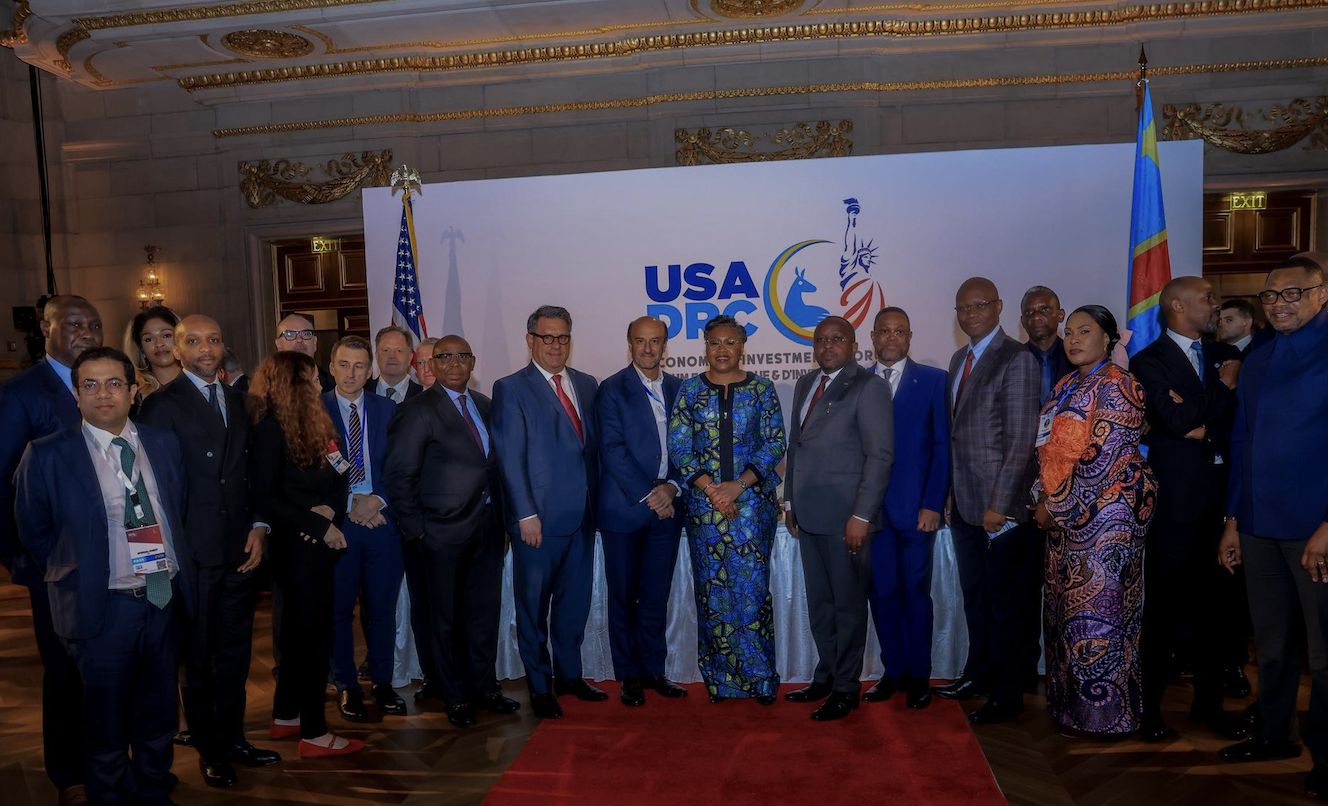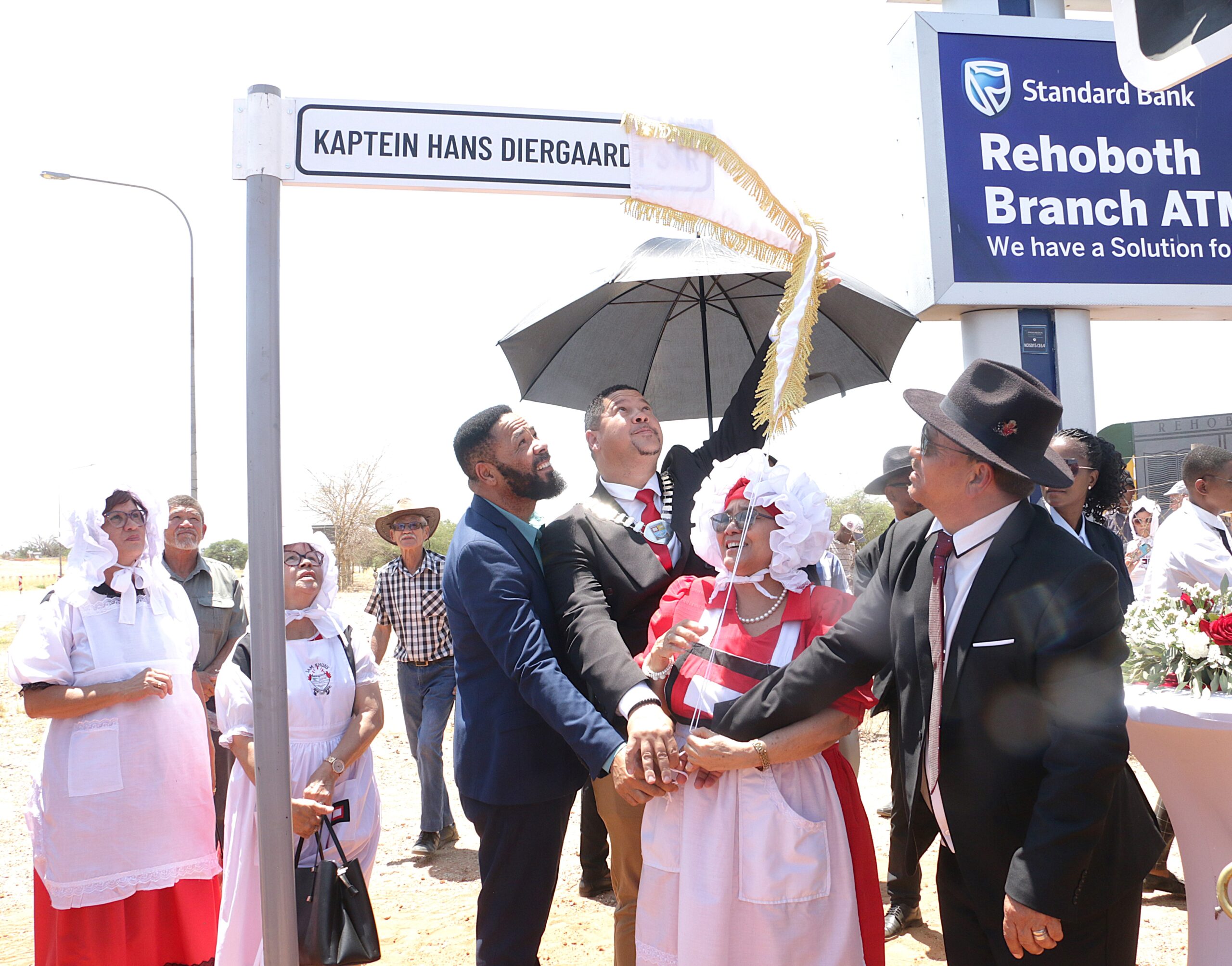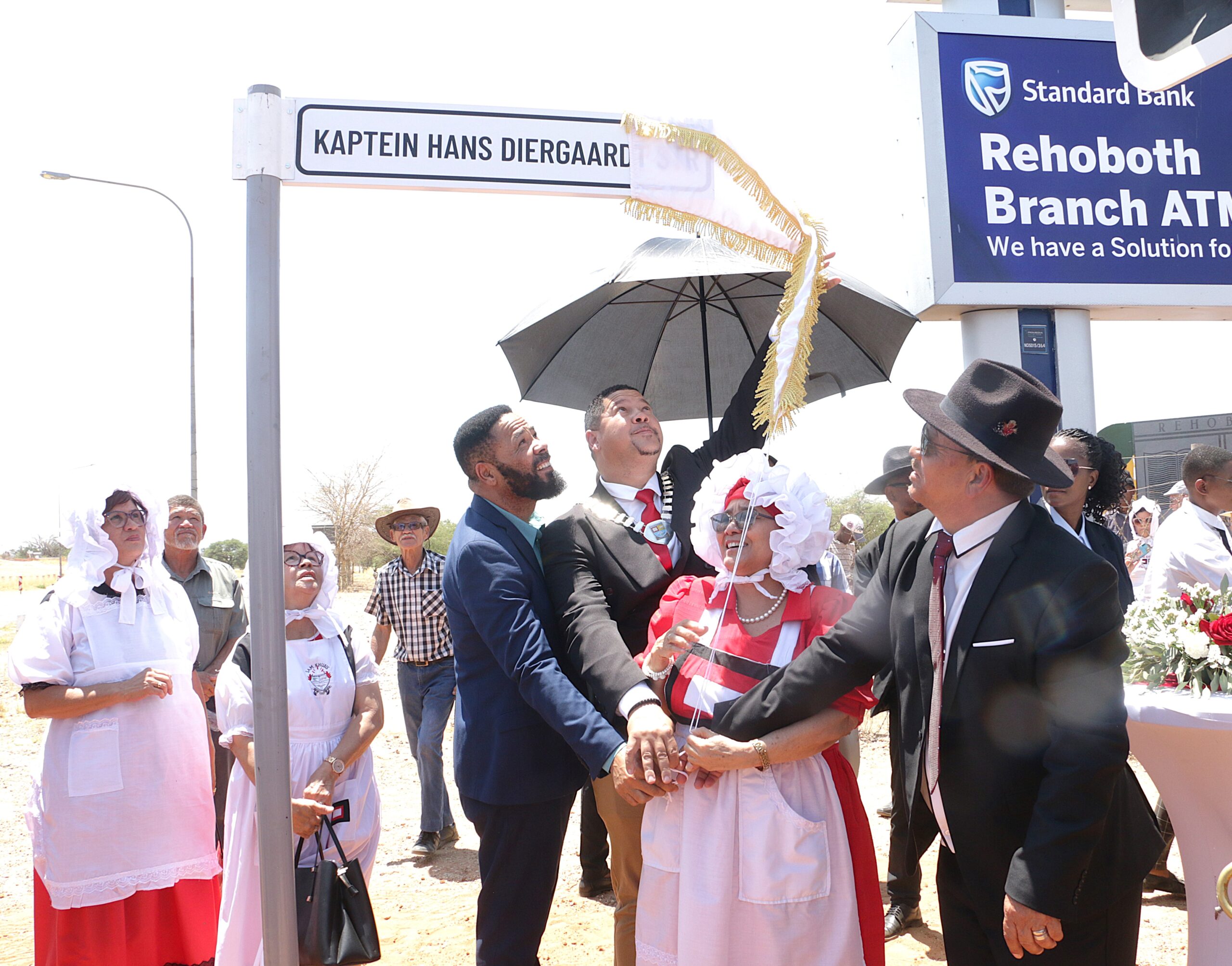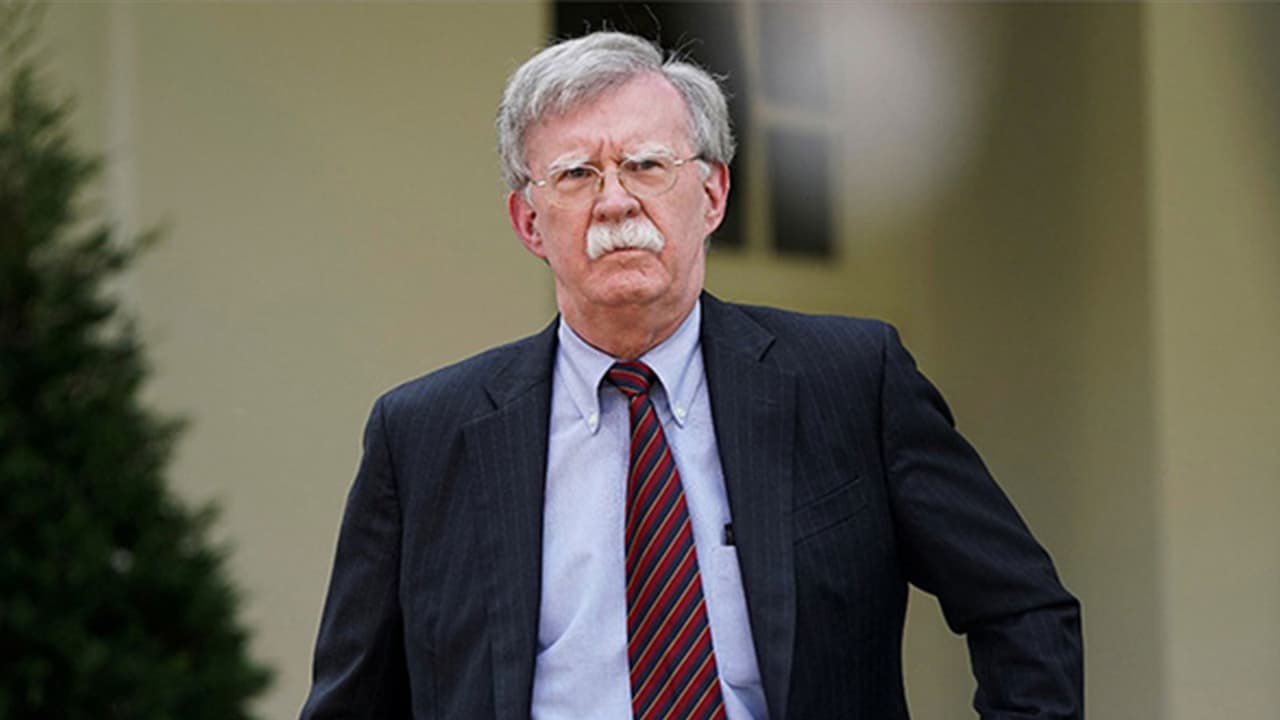Between economic diplomacy and geopolitical influence, Washington and Kinshasa are inaugurating a new era of cooperation based on shared interests and mutual trust, marking a significant shift in bilateral relations.
Under the intertwined flags of the DRC and the United States, Washington hosted a groundbreaking event this week: the DRC-USA Economic Forum, symbolizing a strategic turning point in bilateral relations. For Kinshasa, this meeting marks the country's deliberate entry into power economic diplomacy, where discussions now center on investment, energy, and sovereignty, rather than development aid.
Judith Suminwa: Congo's New Voice on the Global Stage
Prime Minister Judith Suminwa Tuluka set a confident tone, demonstrating the DRC's readiness to engage with partners as equals. "This Forum embodies our two nations' shared commitment to building a sustainable, equitable, and mutually beneficial partnership founded on trust and transparency," she declared to resounding applause.
She acknowledged President Trump's attention to the security situation in the country's eastern region while emphasizing that stability and economic development are inseparable. "The DRC isn't seeking temporary aid but rather a structured and balanced partnership," she emphasized. This stance now represents, in Washington's view, the maturity of a state ready to influence global dynamics.
Immense Economic Potential Drives Partnership
With its population of 100 million and one of the world's richest subsoils, the DRC has positioned itself as an essential player in African development. Suminwa outlined partnership priorities: strategic mineral development, revival of the Inga III megaproject, infrastructure modernization, and human capital advancement in technology, healthcare, and education.
"Choosing to invest in the DRC today means betting on the future," she stated, inviting American investors to explore opportunities across all 26 provinces. Her message resonated strongly with major players in energy, mining, and infrastructure sectors.
Reform Agenda Attracts Investment
Under Suminwa's leadership, the Congolese government is implementing reforms to enhance competitiveness: streamlining taxation, digitalizing procedures, and establishing special economic zones. "The business climate isn't just a slogan - it's an instrument of economic sovereignty," she summarizes. This pragmatic approach has earned praise from American business circles.
Strategic Focus on Mining, Energy, and Regional Integration
Mines Minister Louis Kabamba Watum announced the establishment of a CEEC office in Washington to facilitate transactions and ensure mineral traceability. Mining Registry Director Popol Mabolia cited American company Kobold Metals, holding over 300 mining squares in the DRC, as an example of sustainable investment.
Another highlight was the signing of a $1.5 billion agreement with Hydro-Link LLC for a 1,150-kilometer Angola-DRC hydroelectric line. This project positions the DRC as a green energy provider for Central and Southern Africa.
Washington's Strategic Choice
The DRC-USA Forum marks a profound shift: the DRC no longer merely reacts to global perspectives but asserts itself as a central player in Africa's new equilibrium. Amid competition with China, Washington now views Kinshasa as a natural ally for diversifying critical mineral supply chains and securing continental interests.
Economic Diplomacy Takes Center Stage
While challenges persist - eastern instability, administrative hurdles, legal security - the trajectory is clear. With a coherent vision and strong political will, the DRC is embracing its role as an emerging African power. From Washington to Kinshasa, the message is crystal clear: the DRC is open for business, but on its own terms.
Sustainable Development and Environmental Responsibility
The partnership emphasizes green energy initiatives and responsible resource management. The DRC's vast rainforest, second only to the Amazon, positions it as a crucial player in global climate action. American technology and expertise will support sustainable development practices while preserving natural resources.
Technology Transfer and Innovation
A key component of the partnership focuses on technology transfer and innovation capacity building. American tech companies are exploring opportunities to establish research and development centers in the DRC, contributing to local technological advancement and digital transformation.
Education and Human Capital Development
The forum highlighted educational partnerships between American and Congolese institutions. These collaborations aim to develop local expertise in critical sectors such as mining engineering, renewable energy, and digital technology. Several American universities announced scholarship programs for Congolese students.
Looking Ahead: A Model for African Partnerships
The DRC-USA partnership sets a new standard for international cooperation in Africa. It demonstrates how resource-rich nations can leverage their assets for sustainable development while maintaining sovereignty. This model could influence future partnerships across the continent, particularly in an era of increasing global competition for strategic resources.



